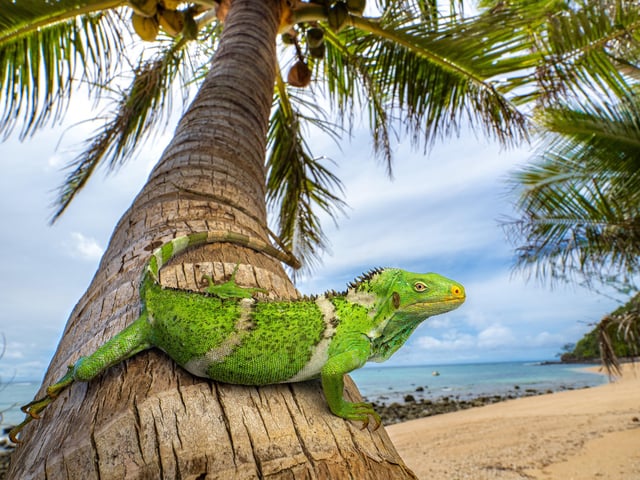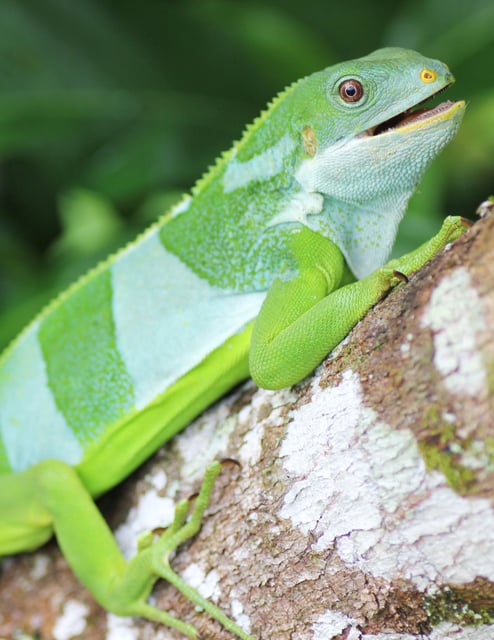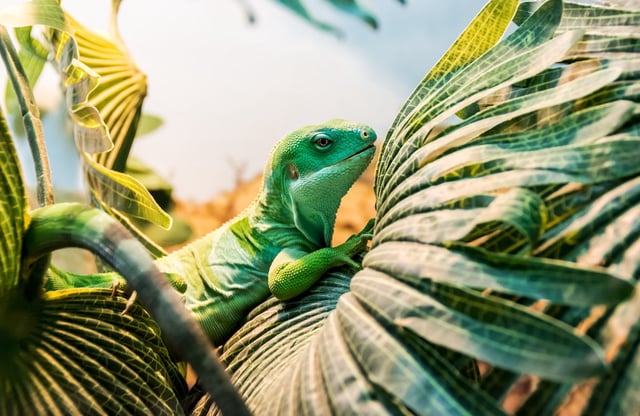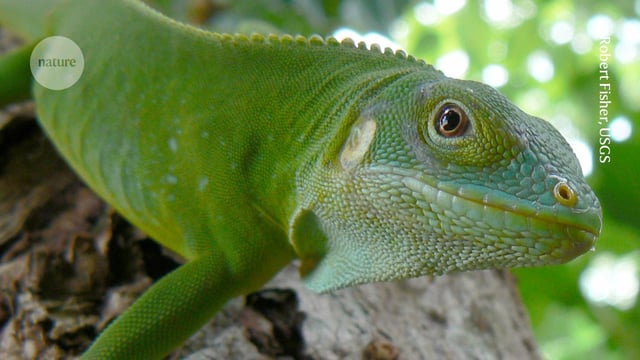Overview
- A new study reveals that Fijian iguanas likely traveled 5,000 miles from North America to Fiji on vegetation rafts around 34 million years ago.
- This journey marks the longest documented ocean crossing by any land-dwelling vertebrate, according to researchers.
- Genetic evidence shows Fijian iguanas are most closely related to North American desert iguanas, ruling out alternative origin theories involving South America, Asia, or Antarctica.
- The study highlights the iguanas' ecological adaptations, such as resistance to dehydration and starvation, which made them well-suited for long oceanic voyages.
- The findings provide critical insights into the evolutionary history of iguanas and underscore the importance of conservation efforts for endangered Fijian iguana species.



